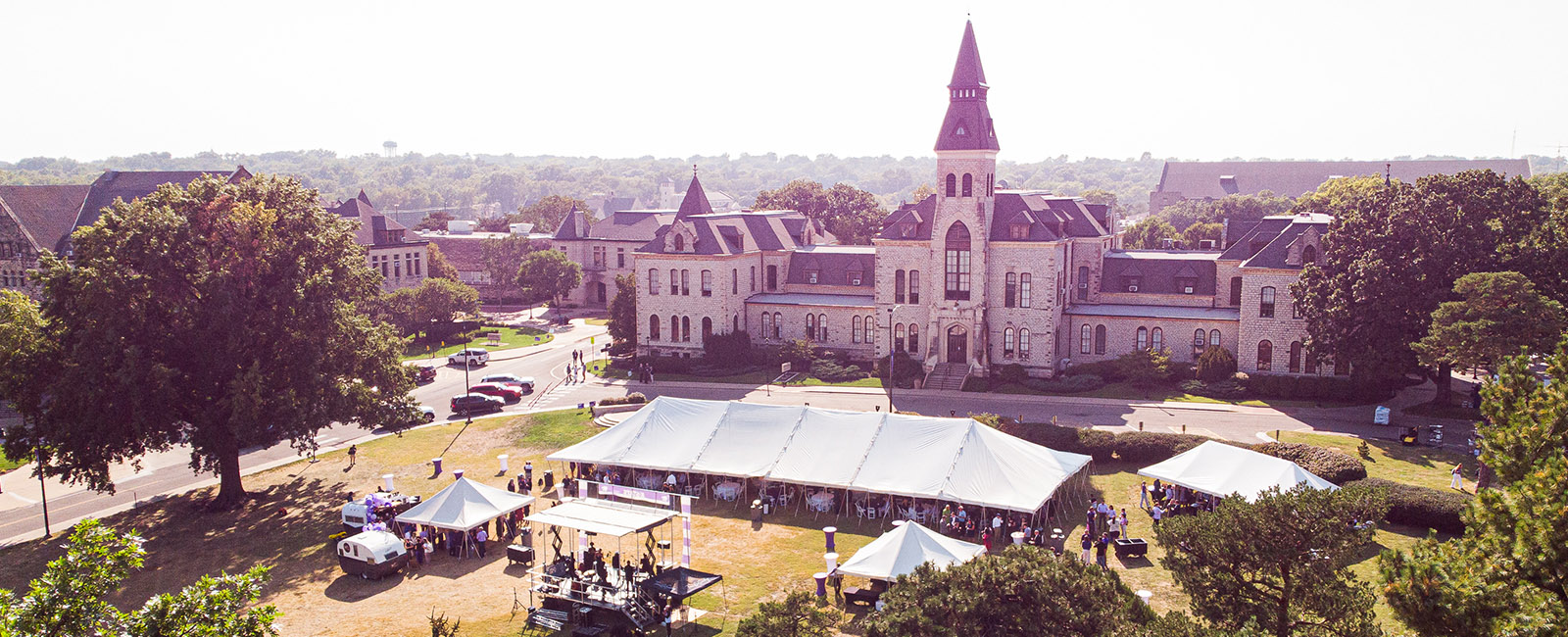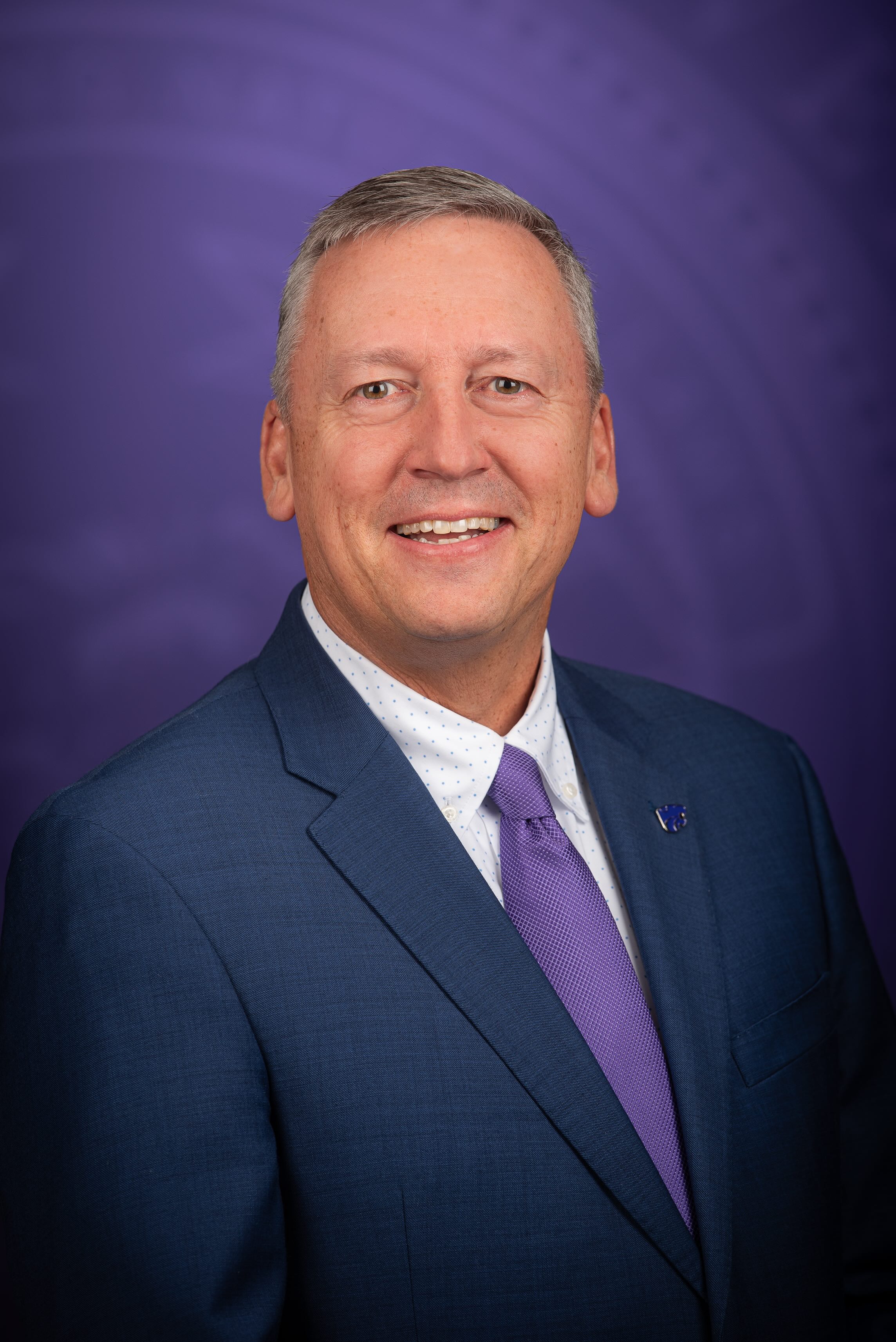
Next-gen K-State
Kansas State University will lead the nation as a next-generation land-grant university – setting the standard for inspiring learning, creativity, discovery and engagement that positively impacts society and transforms lives in Kansas and around the world.
Leading the nation as a next-generation land-grant university
 In September 2023, we launched into a bold new future at K-State guided by a vision of leading the nation as a next-generation land-grant university and accomplishing ten strategic imperatives by 2030. Our Next-Gen K-State strategic plan outlines how our university will transform to serve new kinds of learners, solve grand global challenges, and contribute to the economic prosperity of the state.
In September 2023, we launched into a bold new future at K-State guided by a vision of leading the nation as a next-generation land-grant university and accomplishing ten strategic imperatives by 2030. Our Next-Gen K-State strategic plan outlines how our university will transform to serve new kinds of learners, solve grand global challenges, and contribute to the economic prosperity of the state.
I invite you to learn more about how we are achieving our goals and setting the standard for what a highly engaged, people-centered, and learner-focused university can and should be.
Go 'Cats! – President Richard Linton
Our Plan
Leveraging our rich history as the nation’s first operational land-grant university, we will positively impact our communities, our economy and the world through teaching, research and service.
Proactive, not reactive: How K-State supports its students — before they need to ask